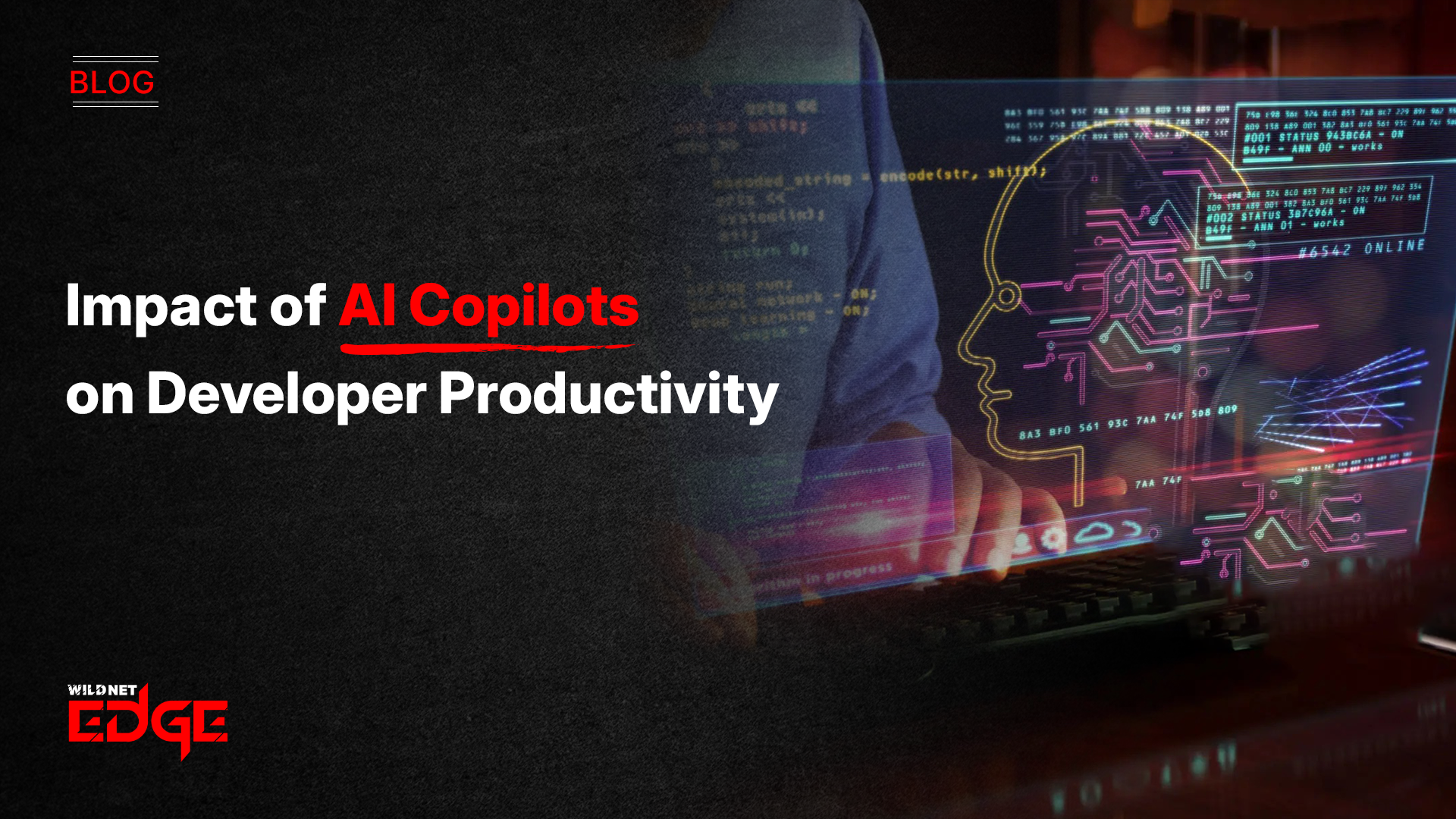Choosing the right cloud compute services can be a daunting task. With various options available, it’s essential to weigh the pros and cons of each to find the right fit for your business. AWS EC2 vs Google Compute Engine: which is better? This question often looms large for decision-makers who want to upgrade their IT infrastructure without breaking the bank. The decisions you make regarding compute services can significantly impact operational efficiency, scalability, and ultimately, your bottom line.
Transforming your business’s IT infrastructure means leveraging the best tools available. Understanding the nuanced differences between EC2 and Google Compute Engine will empower you to make a well-informed choice that aligns with your organizational goals.
Overview of Cloud Compute Services
Definition of Cloud Compute Services
Cloud compute services refer to a range of on-demand computing resources available via the internet. These services include virtual servers, storage, and networking capabilities that allow businesses to run applications and store data without needing physical hardware. Core functionalities often include:
- Scalability: Easily scale your computing resources up or down based on your needs.
- Flexibility: Choose from a variety of operating systems and software packages.
- Cost Efficiency: Pay only for the resources you consume, often achieving significant savings.
- Accessibility: Access your resources from anywhere with internet connectivity.
These functionalities empower businesses to focus on their core competencies while maximizing their operational efficiency. As cloud adoption continues to grow, understanding these features becomes increasingly crucial for effective decision-making.
Importance of Cloud Computing
The relevance of cloud computing has surged in recent years. According to the latest statistics, the global cloud computing market is projected to reach nearly $1 trillion by 2025, up from around $500 billion in 2020. This rapid growth highlights a shift in how businesses view IT infrastructure. Companies are increasingly moving towards cloud-based solutions to improve efficiency and agility while minimizing costs.
Notably, a recent study found that 70% of enterprises plan to increase their cloud spending in 2025, underscoring the significance of selecting the right cloud service provider. As more organizations embrace digital transformation, understanding the offerings of AWS EC2 and Google Compute Engine has never been more important.
Comparing AWS EC2 and Google Compute Engine
Feature Comparison
When it comes to cloud compute options, comparing key features helps organizations make informed choices. Here are some notable aspects of AWS EC2 and Google Compute Engine:
- Instance Types:
- AWS EC2 offers a diverse range of instance types optimized for various workloads, including General Purpose, Compute Optimized, and Storage Optimized.
- Google Compute Engine similarly provides customizable machine types, allowing users to tailor resources to their specifications.
- Load Balancers:
- AWS EC2 has Elastic Load Balancing, which automatically distributes incoming application traffic across multiple instances.
- Google Compute Engine features Cloud Load Balancing, capable of managing traffic from different regions seamlessly.
- Storage Options:
- AWS EC2 boasts Elastic Block Store (EBS) for high-performance block storage.
- Google Compute Engine offers Persistent Disk for efficient and scalable storage solutions.
- Networking:
- AWS EC2 has Virtual Private Cloud (VPC) for network segmentation and enhanced security.
- Google Compute Engine provides Virtual Private Cloud that supports private and public subnetworks to ensure optimal connectivity.
- Global Reach:
- AWS EC2 operates across more than 24 regions worldwide, emphasizing its global footprint.
- Google Compute Engine has a growing number of regions, currently boasting around 30 global locations.
Both services present robust feature sets that cater to various business needs, making your choice dependent on specific requirements.
Performance Metrics
Performance is a critical consideration when selecting your compute service. Here’s a breakdown of performance metrics comparing AWS EC2 and Google Compute Engine:
- Speed: Both AWS EC2 and Google Compute Engine offer high-speed performance. However, Google claims superior performance due to its global network and optimized infrastructure, resulting in lower latency and faster load times.
- Reliability: AWS EC2 boasts an uptime record of 99.99% across its data centers, making it a highly reliable option. Google Cloud also offers similar reliability, often backed by their powerful data centers and consistent uptime promises.
- Scalability: Both services can handle massive scaling. AWS has Auto Scaling features that allow you to automatically adjust capacity. Google offers similar functionalities, enabling dynamic scaling based on user demand.
Ultimately, while both AWS EC2 and Google Compute Engine provide exceptional performance metrics, the choice may depend on specific needs such as low latency for local users or robust scalability for rapid growth.
Pricing Models of EC2 and Google Compute Engine
Cost Analysis
Understanding the pricing structures of AWS EC2 and Google Compute Engine is critical for determining which service can offer better value for your organization. Here’s a cost breakdown:
- AWS EC2 Pricing:
- On-Demand Instances: Pay for compute capacity by the hour or second with no long-term commitments.
- Reserved Instances: Up to 75% savings compared to on-demand for consistent usage over a 1 or 3-year term.
- Spot Instances: For unused capacity, significantly cheaper than on-demand pricing, but with potential interruptions.
- Google Compute Engine Pricing:
- On-Demand Instances: Similar to AWS, you can pay for compute resources by the second with no long-term commitment.
- Sustained Use Discounts: Automatic discounts for instances running for a significant portion of the billing month.
- Preemptible VM Instances: A cost-effective option for fault-tolerant workloads at a lower price but with the risk of being shut down.
Both services have dynamic pricing models that suit various workloads, but a detailed analysis can help in understanding potential total costs over time.
Cost-Effectiveness Compared
Determining cost-effectiveness between AWS EC2 and Google Compute Engine largely depends on usage patterns and project scopes. For instance:
- Startups: If a startup needs flexibility and appreciates controlled costs, Google Compute Engine’s sustained use discounts could be more advantageous.
- Long-term projects: Organizations committed to long-term workloads can benefit from AWS EC2’s reserved instances, providing substantial savings.
For example, a retail company migrating to cloud infrastructure can leverage AWS EC2 for their year-round website hosting, while a media startup exploring varied workloads may find preemptible instances on Google Compute Engine ideal until they stabilize their user base.
In practice, each service provides unique advantages based on usage scenarios that warrant careful consideration for cost-effective solutions.
Use Cases for AWS EC2 and Google Compute Engine
Best Suited Applications
Determining the right cloud compute service also involves assessing the type of applications and environments that will benefit most from either option:
- AWS EC2:
- Ideal for enterprise applications that require a secure and configurable cloud environment, such as complex legacy workloads that may need specific networking configurations.
- Excellent for dynamic web applications utilizing various AWS services like S3 storage and Lambda for serverless functionality.
- Google Compute Engine:
- Best suited for applications that demand high-performance computing, such as big data analytics and machine learning.
- Businesses leveraging Google’s data protection and compliance offerings find a natural fit for health, finance, or other regulated industries.
By evaluating these scenarios, organizations can pinpoint which compute service aligns better with their operational goals and application architecture.
Success Stories
Real-world applications of AWS EC2 and Google Compute Engine demonstrate their effectiveness. Consider these success stories:
- AWS EC2: Netflix famously utilizes AWS EC2 to deliver its popular streaming service. With its ability to scale globally, Netflix efficiently manages server loads during peak times while ensuring data security and backup.
- Google Compute Engine: Snapchat’s infrastructure relies heavily on Google Compute Engine, enabling rapid scaling to accommodate millions of active users. Their decision to use Google’s services was influenced by the need for consistent performance and efficient resource allocation in real-time.
These stories provide compelling evidence of the effectiveness and scalability of each service, allowing businesses to learn from the success of others.
User Experience and Interface
Ease of Use and Management
The user experience offered by AWS EC2 and Google Compute Engine can significantly influence your choice. Here’s how both stack up:
- AWS EC2:
- The AWS Management Console is feature-rich but can be overwhelming for some users due to its complexity.
- A robust ecosystem of third-party tools integrates seamlessly with AWS, enhancing management.
- Google Compute Engine:
- Offers a simpler, more intuitive interface, making it easier for beginners to navigate.
- The Google Cloud Console provides easy access to various services with streamlined management options.
User feedback highlights a preference for Google Compute Engine’s straightforward design, particularly among teams new to cloud services. However, the depth of AWS’s functionality is invaluable for more seasoned pros requiring advanced configurations.
Support and Documentation
Robust support and documentation can significantly impact user experience. Here’s how both platforms compare:
- AWS EC2:
- Offers extensive documentation, with tutorials, FAQs, and technical forums.
- Support channels include a wide array of service plans, from basic support to an enterprise level that includes 24/7 access and personalized technical advocacy.
- Google Compute Engine:
- Provides in-depth documentation along with community forums and support options.
- Google offers strong integration with its other services, allowing customers to access related guides and community content easily.
Both platforms provide thorough resources, but any organization’s unique needs could tip the balance toward one or the other based on their existing familiarity and the complexity of their deployment.
Security Features of AWS EC2 vs Google Compute Engine
Security Protocols in Each Service
Security remains a top priority for organizations when considering cloud services. Let’s explore the security measures taken by both AWS EC2 and Google Compute Engine:
- AWS EC2:
- Implements robust security protocols, including IAM for user access control and multi-factor authentication.
- Key Management Service (KMS) provides encryption options for securing data and is compliant with various international standards.
- Google Compute Engine:
- Offers security features such as encryption in transit and at rest, along with IAM for management.
- Google Cloud Security Command Center helps organizations view risks and vulnerabilities in real-time.
Both AWS and Google adhere to strict compliance and security protocols. However, Google’s commitment to data protection alongside its strong AI-based monitoring tools often positions it favorably for organizations with stringent data sensitivity.
User Controls and Customization
Customization options can provide businesses with the flexibility they need to craft their security policies. Here’s a comparison of user controls in both services:
- AWS EC2:
- Users can create granular access policies, implement network security via VPC configurations, and manage firewall settings.
- AWS Secrets Manager allows secure storage and access management for sensitive credentials.
- Google Compute Engine:
- Encourages customization with its IAM policies and allows configuration of detailed logging and auditing settings through Stackdriver.
- Google Cloud KMS enables users to manage their encryption keys securely.
The ability to tailor security measures based on specific user needs offers organizations a level of protection that is crucial in an increasingly regulatory world. Both services are built to accommodate varied user requirements effectively.
Conclusion
In the debate of AWS EC2 vs Google Compute Engine, both cloud compute options have unique strengths that align with different business requirements. AWS EC2 is ideal for complex enterprises looking for feature diversity, while Google Compute Engine resonates with organizations focused on performance and simplicity.
When assessing your computing needs, it’s vital to consider factors like scalability, support, pricing models, and specific use cases. Engaging with a trusted authority like Wildnet Edge, with proven expertise in DevOps & Cloud Engineering, can provide valuable insights tailored to your unique needs. Whatever your choice, taking the time to evaluate will lead to optimized IT infrastructure and enhanced business outcomes.
FAQs
Q1: What are the main differences between AWS EC2 and Google Compute Engine?
A1: AWS EC2 and Google Compute Engine differ in features, pricing, and community support, among other factors. AWS offers a wide array of instance types and advanced features, while Google emphasizes ease of use and sustained discounts.
Q2: Which cloud compute service is more cost-effective for startups?
A2: Google Compute Engine may offer better pricing options for startups due to its flexible billing and sustained use discounts, making it easier for new businesses to manage costs.
Q3: How do I decide between EC2 and Google Compute Engine?
A3: Analyze your specific business needs, budget, and interface preferences for each cloud compute service to make an informed choice that suits your organization’s goals.
Q4: What security features should I consider in AWS or Google Cloud?
A4: Evaluate encryption, user access controls, and compliance capabilities in both platforms for better security. Both AWS and Google provide robust security measures but differ in their approaches.
Q5: Can I migrate data from EC2 to Google Compute Engine easily?
A5: Yes, tools and services are available to facilitate data migration between these cloud compute platforms, ensuring a smooth transition for organizations switching between the two services.

Managing Director (MD) Nitin Agarwal is a veteran in custom software development. He is fascinated by how software can turn ideas into real-world solutions. With extensive experience designing scalable and efficient systems, he focuses on creating software that delivers tangible results. Nitin enjoys exploring emerging technologies, taking on challenging projects, and mentoring teams to bring ideas to life. He believes that good software is not just about code; it’s about understanding problems and creating value for users. For him, great software combines thoughtful design, clever engineering, and a clear understanding of the problems it’s meant to solve.
 sales@wildnetedge.com
sales@wildnetedge.com +1 (212) 901 8616
+1 (212) 901 8616 +1 (437) 225-7733
+1 (437) 225-7733















 ChatGPT Development & Enablement
ChatGPT Development & Enablement Hire AI & ChatGPT Experts
Hire AI & ChatGPT Experts ChatGPT Apps by Industry
ChatGPT Apps by Industry ChatGPT Blog
ChatGPT Blog ChatGPT Case study
ChatGPT Case study AI Development Services
AI Development Services Industry AI Solutions
Industry AI Solutions AI Consulting & Research
AI Consulting & Research Automation & Intelligence
Automation & Intelligence













